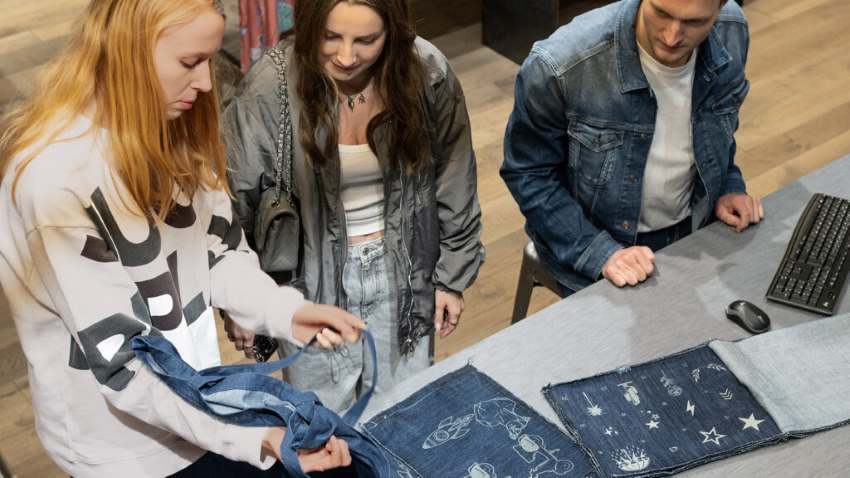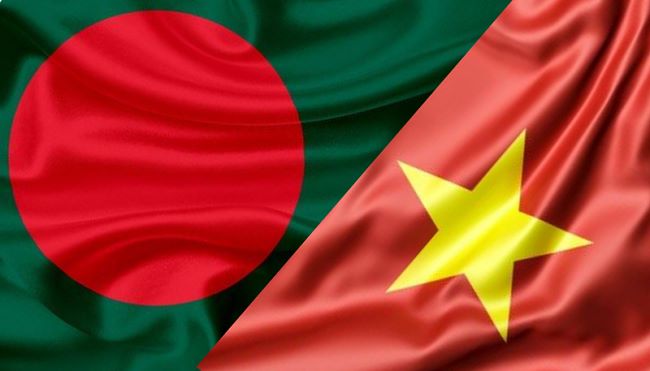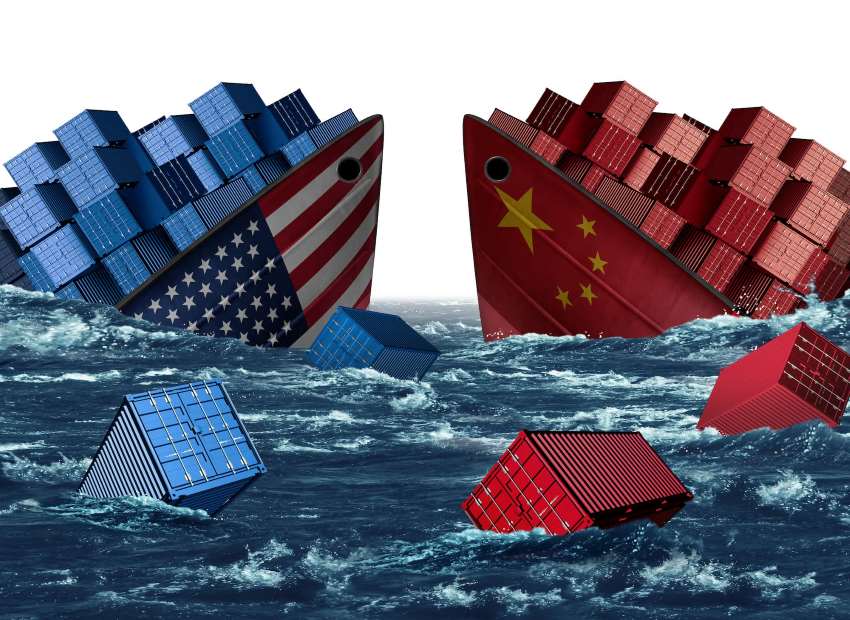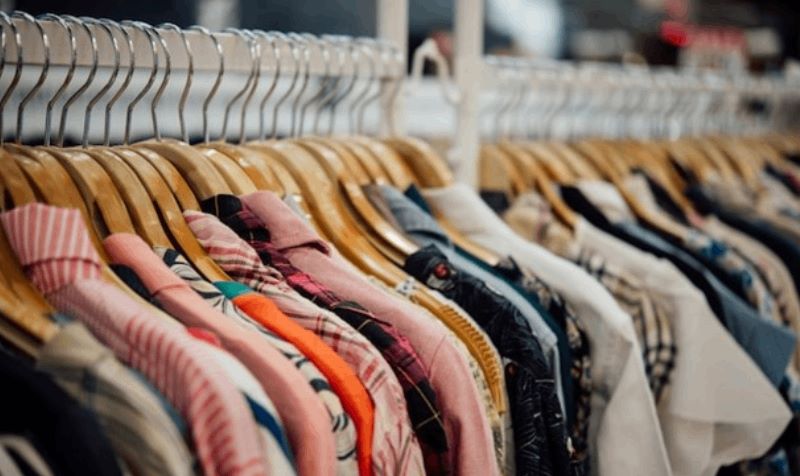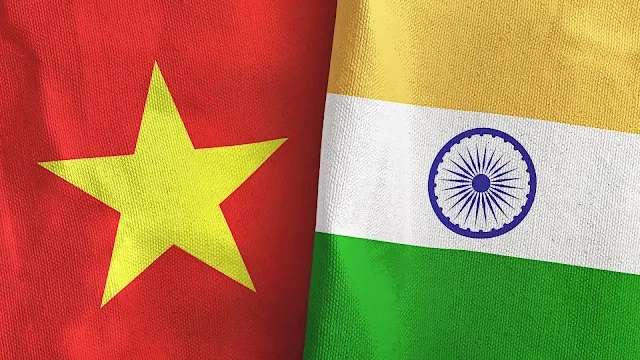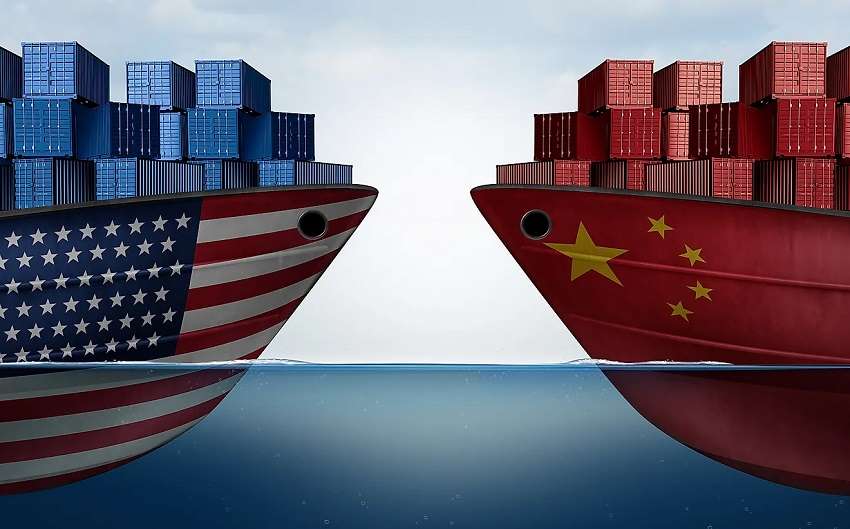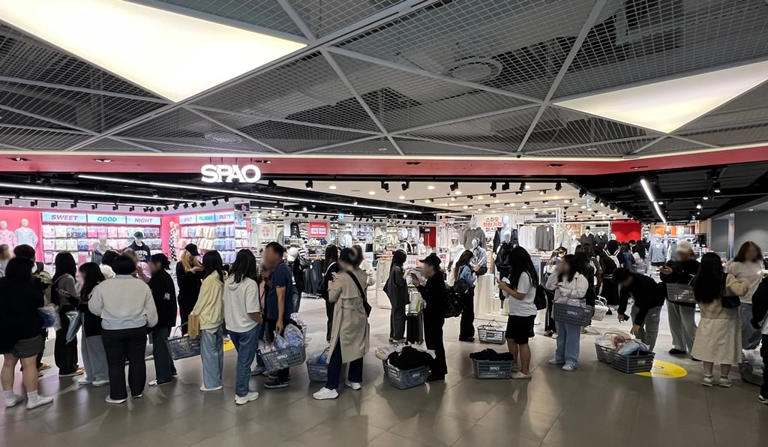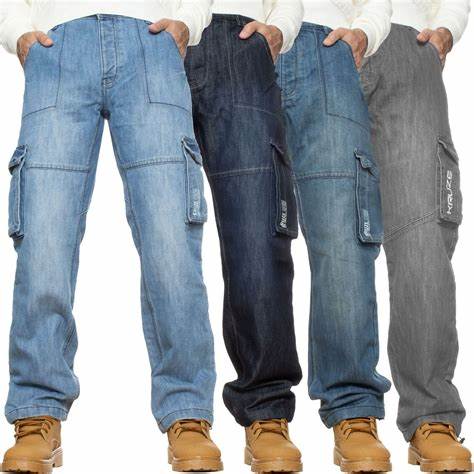FW
Kraig Biocraft Laboratories, Inc.has inked significant agreements with the Lam Dong Agro-Forestry Research Experiment Center (LAREC), a leading authority on sericulture in central Vietnam. The collaboration focuses on enhancing the rearing and breeding of the company's specialized silkworms, marking a pivotal step towards amplifying silk production.
Central to these agreements is Kraig Labs' blueprint for operational expansion, underscoring a concerted effort between the company and LAREC to incorporate Kraig's silk technologies effectively.
The terms entail LAREC's provision of expertise and support in selectively breeding Kraig's BAM-1 parental strains, tailored to local climatic and rearing conditions. Additionally, LAREC will nurture one generation of BAM-1 strain at its facilities, supplying resulting eggs back to Kraig Labs for operational use.
This definitive agreement solidifies Kraig Labs' collaboration with governmental agencies, following a Memorandum of Understanding announced earlier this year. Founder and CEO Kim K Thompson expressed optimism, highlighting the importance of forging such alliances in Southeast Asia to integrate innovative technologies and deepen regional engagement.
Thompson, alongside sericulture expert Nirmal Kumar, remains in Southeast Asia overseeing operations, as the company nears completion of spring production trials, poised to embark on the next phase of its expansion strategy.
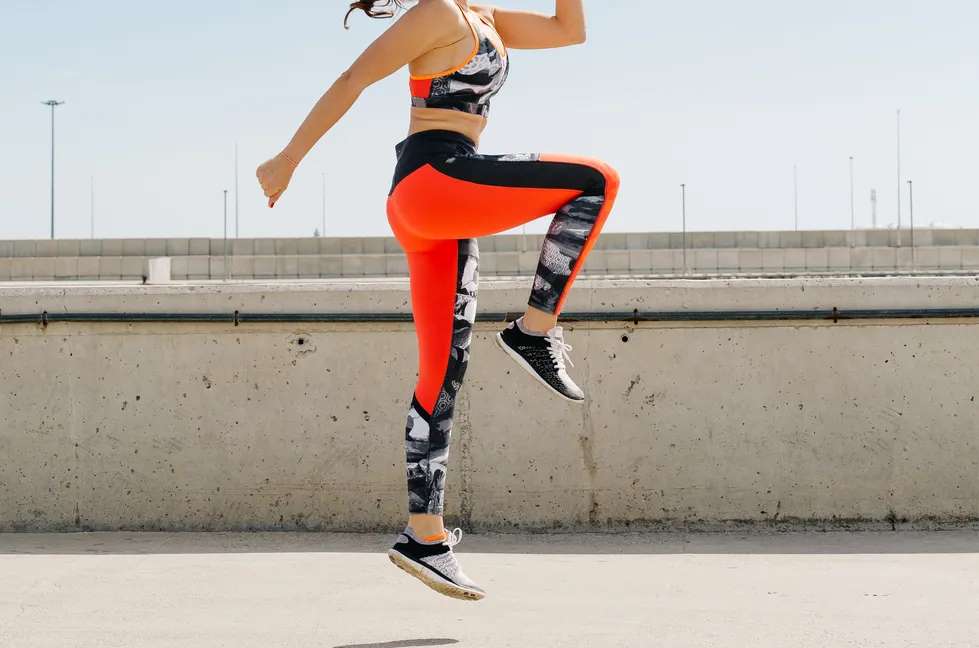
The global athleisure market is booming, projected to reach $3.2 billion by 2032 with a steady growth rate of 5.2 per cent, says a new report by Allied Market Research. This growth is due to several factors viz: from rising health consciousness to innovative marketing strategies. Let's delve deeper into this dynamic market segment.
Comfort takes center stage
Millennials, a generation known for their active lifestyles and health consciousness, are a major force behind the athleisure boom. They prioritize comfort and functionality in their clothing choices, making athleisure a perfect fit highlights Allied Market Research, 2024 study. This is evident in the dominance of the female segment in the market, with women being frequent buyers of athleisure apparel. However, the men’s segment is expected to see highest growth rate in the coming years, indicating a growing acceptance of athleisure styles among men. Moreover, athletes and celebrities endorsing athleisure brands further fuel consumer interest and market growth.
Athleisure for all occasions
The athleisure trend goes beyond just comfort. It offers a stylish and versatile option for everyday wear. Gone are the days when athletic wear was strictly for the gym. Today's athleisure apparel is designed to seamlessly transition from workouts to errands or even social outings. This versatility is reflected in the expected high growth of the hoodies segment, as consumers seek comfortable and stylish pieces for various occasions.
Digital revolution drives online sales
While traditional offline stores continue to hold a significant share of the athleisure market, online sales are rapidly growing. The ease of purchase and wider variety offered by online retailers is helping in this shift. Social media also plays a crucial role, with influencers and celebrities promoting athleisure brands, further driving online sales.
Market segmentation and trends
Sneakers currently hold the largest market share, but hoodies are projected for the fastest growth due to their versatility and variety. While women’s segment dominates the market, the men’s segment is expected to grow significantly, with athleisure staples like bomber jackets and crew-neck sweaters gaining traction. In terms of retail, while offline stores were the preferred shopping destination in 2022, online sales are anticipated to surge due to convenience and wider product selection.
North America currently holds the largest market share, but Asia-Pacific is expected to witness the fastest growth as consumers in the region embrace athleisure.
Indeed, the athleisure market is not without its challenges. The rise of counterfeit brands, particularly in price-sensitive regions, can hamper the growth of legitimate brands. However, leading athleisure companies are countering this by employing innovative marketing strategies, such as celebrity endorsements and social media campaigns. Additionally, advancements in material technology are leading to the creation of more comfortable, functional, and stylish athleisure apparel. Major players like Adidas, Nike, Lululemon, and Under Armour are constantly innovating and expanding their product lines to maintain a competitive edge.
As the focus on health and wellness continues to rise, and the lines between athletic wear and everyday fashion further blur, athleisure is likely to become an even more integral part of our wardrobes. The industry's ability to cater to the evolving needs of consumers, embrace technological advancements, and navigate challenges like counterfeit products will be key to its continued success.
The National Council of Textile Organizations (NCTO) has solidified its leadership for the fiscal year 2024, marking a crucial moment for the US textile sector. The organization, encompassing the entire textile supply chain, recently conducted its officer elections during its annual meeting held from April 9-11.
Charles Heilig, President of Parkdale Mills, assumes the pivotal role of Chairman, while Chuck Hall, President and CEO of Barnet, steps into the position of Vice Chairman. These appointments come at a critical juncture for the industry, signaling a strategic move towards navigating challenges and advocating for policies to strengthen the domestic textile landscape.
With a focus on ensuring comprehensive representation across the sector, NCTO also elected chairs for its five councils. These councils, designed to encompass various segments of the industry supply chain, play a vital role in shaping the organization's direction. Each council, comprising elected members, contributes to the association’s Board of Directors and Executive Committee.
In her statement, Kim Glas, President and CEO of NCTO, expressed gratitude to the new officers for their willingness to take on these essential roles. She emphasized the importance of their leadership in advocating for policies that support the US textile industry and its workforce, which comprises over 500,000 individuals. Glas highlighted the collaborative effort needed to address both domestic and international challenges faced by the industry.
The newly elected Chairman, Charles Heilig, brings with him extensive experience from Parkdale Mills, a prominent manufacturer based in North Carolina. Likewise, Vice Chairman Chuck Hall, representing Barnet, adds a wealth of knowledge from his tenure in the textile sector.
Further bolstering NCTO's leadership are the individuals elected to the Board of Directors and the Executive Committee, along with the chairs appointed for each council. These individuals, drawn from various facets of the industry, are poised to steer NCTO towards its goals of advocating for policies that foster growth and innovation within the US textile sector.
As the industry continues to evolve, NCTO's newly appointed leadership stands ready to address challenges and capitalize on opportunities to ensure the resilience and competitiveness of the US textile industry in the global market.
South American textile powerhouse Nuevo Mundo joins forces with global specialty chemical leader Archroma to launch innovative collections, embracing Archroma’s EarthColors agricultural waste-based dyes. This collaboration marks a significant stride in the fashion industry's sustainability journey, addressing consumer demands for eco-conscious products.
With a rich 75-year legacy, Nuevo Mundo is renowned for facilitating brand expansion into new markets with sustainable, high-quality offerings. Their strategic alliance with Archroma underscores a shared commitment to eco-friendly practices.
By leveraging EarthColors dyes derived from non-edible agricultural waste like cotton plant residues and beets, Nuevo Mundo reduces its ecological footprint. Moreover, the collections will be crafted in Nuevo Mundo's zero liquid discharge facilities, further enhancing resource efficiency.
Umberto De Vita of Archroma highlights the partnership's alignment with their 'Planet Conscious+' vision, emphasizing collaboration and innovative technologies for sustainable progress. Boris Schwartzman of Nuevo Mundo underscores the strategic timing of their collaboration, targeting the growing demand for sustainable textiles in the US market through nearshoring.
With plans for ongoing collaboration and the release of new EarthColors collections in the pipeline, Nuevo Mundo and Archroma are poised to lead the fashion industry towards a greener future.

Techtextil and Texprocess 2024 concluded with resounding success, serving as the premier global platform for textile innovation. With 1,700 exhibitors from 53 countries and 38,000 visitors from 102 countries, the trade fairs experienced a remarkable 29 percent increase in visitor numbers.
Germany, Italy, France, Turkey, and the Netherlands emerged as the top visitor nations, while Germany, Italy, China, France, and Turkey led as the top exhibitor nations. Noteworthy contributions to the expansion of exhibitors came from countries such as Egypt, China, and Thailand, among others.
Driving industry transformation
In the midst of burgeoning AI technologies, evolving legislative mandates, and surging energy costs, Techtextil and Texprocess emerged as vital marketplaces for textile innovation. Detlef Braun, Member of the Executive Board at Messe Frankfurt GmbH, emphasized their significance, textile innovation for diverse industries thrives within the global scope and strength offered uniquely in Frankfurt.
With 75 percent of visitors representing various industries such as engineering, architecture, and medical development, the trade fairs facilitated extensive cross-networking opportunities. From the preliminary stages of Techtextil to the array of processing technologies showcased at Texprocess, international collaborations flourished, fostering innovation across sectors and paving the way for market-ready solutions.
Record-breaking edition of Techtextil
Celebrating its 20th anniversary, Techtextil witnessed a record-breaking edition, reaffirming its position as a dynamic hub for textile innovation. The global market for technical textiles, estimated at $225.99 billion in 2023, is poised for exponential growth, reaching $346.67 billion by 2030, according to Fortune Business Insights. Within the EU, technical textiles are driving demand across various sectors, including medicine, agriculture, and automotive.
Techtextil showcased a wide spectrum of high-tech textiles across 12 application areas, including innovative world-firsts such as recyclable insulating textiles and self-cooling textiles. Sustainability took center stage, with over 15 per cent of exhibitors presenting natural fibers and materials.
Voices from the industry
Key industry players expressed their satisfaction with the trade fairs. Holger Michael Steingraber from Freudenberg Performance Materials highlighted the significance of Techtextil as a global meeting place for technology exchange and partnership building. Amaury Sartorius from Klopman praised the enthusiastic response to their sustainable solutions.
Texprocess showcased cutting-edge machines, processes, and services for textile and apparel processing, addressing challenges such as digitalization and automation. Elgar Straub from VDMA Textile Care highlighted the trade fair's focus on future-oriented solutions.
Innovative solutions and AI integration
Texprocess offered a comprehensive range of solutions, including AI-integrated innovations that streamline manufacturing processes. Marta Maiandi from Orox Group emphasized Texprocess as a global platform for technology and partnership building.
Both trade fairs emphasized sustainable practices and recyclable solutions in alignment with upcoming legislative requirements. The increased focus on resource efficiency and recyclability was evident in the Econogy Finder, showcasing twice as many exhibitors committed to sustainable development goals.
Embracing the future
In an era of rapid technological advancement, Techtextil and Texprocess stand as beacons of innovation, driving industry transformation and fostering international collaboration. As the textile industry navigates evolving challenges, these trade fairs serve as catalysts for sustainable growth and global competitiveness.
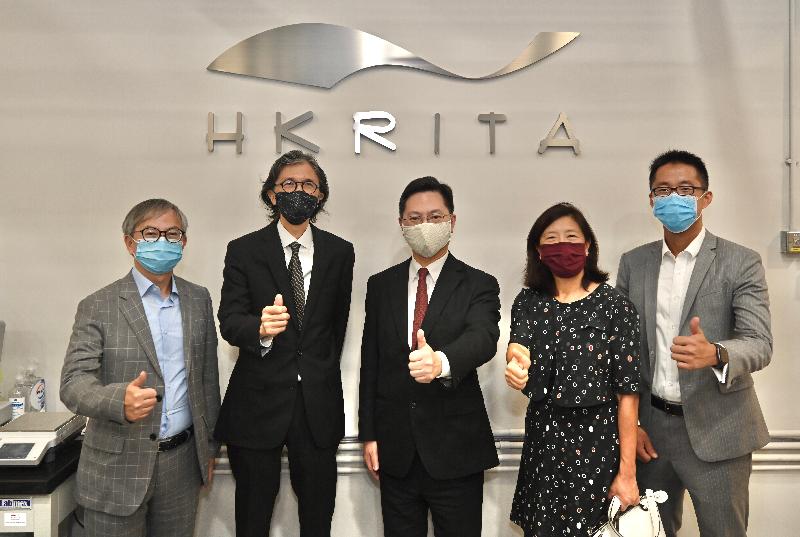
Hong Kong Research Institute of Textiles and Apparel (HKRITA) garners recognition at the Edison Award 2024 and the 49th International Exhibition of Inventions Geneva, showcasing innovative advancements in textile technology.
In the realm of innovation and societal impact, the Hong Kong Research Institute of Textiles and Apparel (HKRITA) emerges as a frontrunner, clinching several prestigious international awards. Notable among these accolades are the Gold Award at the Edison Award 2024 and a series of medals.
Edison Award 2024: Revolutionizing comfort and recovery
In an innovative stride towards enhancing the quality of life for breast cancer survivors, HKRITA's Customised Comfort Bra to Aid Recovery from Mastectomy seized the Gold Award in the "Social & Cultural Impact (Health & Wellness)" category. This pioneering project introduces novel mastectomy bras featuring ergonomic design and 3D printing structure engineering. These bras, tailored to individual needs based on age, BMI, and body shape, offer unparalleled comfort and improved balance during the recovery phase. The meticulous judging process, focusing on concept, value, delivery, and impact, underscores the transformative potential of innovative textile solutions in addressing critical health challenges.
49th International Exhibition of Inventions Geneva: Redefining sustainability and efficiency
HKRITA's triumph extends beyond comfort innovation to encompass sustainability and efficiency in textile production and environmental stewardship. At the 49th International Exhibition of Inventions Geneva, HKRITA clinched an impressive array of awards, including two Gold Medals, one Silver Medal, and two Bronze Medals, showcasing its multifaceted commitment to innovation excellence.
Gold medal achievements
Dye Removal from Denim Textile Wastewater by a Combinative Adsorption and Regeneration System revolutionizes denim production by mitigating environmental and health risks associated with dye wastewater. Through an ingenious physiochemical system employing metal-doped alumina as an adsorbent, this project achieves efficient dye removal and regeneration, meeting denim production reuse standards at a reduced cost.
Fluorine-free and Bio-based Material for Durable Water and Oil Repellent fabrics pioneers a sustainable surface modification method, utilizing sea by-products and biopolymers to confer long-lasting water and oil repellency to textiles without harmful fluorinated compounds. This environmentally friendly approach ensures durability and efficacy, making it an ideal choice for outdoor apparel and industrial uniforms.
Silver medal achievement
A Lightweight Fabric-based Breathable Metamaterial for Low Frequency Noise Insulation introduces an innovative solution for noise control in industrial settings, utilizing breathable fabric metamaterials combined with energy adsorption coating to achieve effective low-frequency noise insulation. This lightweight and versatile material facilitates thermal control and heat dissipation, offering a sustainable and efficient solution for various applications.
Bronze medal achievements
Denim Fabric Cotton Recovery by Mechanical Warp Weft Separation pioneers AI-driven mechanical recycling systems to extract reusable indigo-dyed warp yarns from denim fabrics, minimizing waste and conserving resources without chemical intervention.
Design-thinking Creation of a Swelling-controllable Composite Tubular Fabric for Regenerative Agriculture presents an eco-friendly soil management system, utilizing biodegradable composite fabrics for irrigation, weed control, and nutrient preservation in agriculture, exemplifying HKRITA's commitment to sustainable development and innovation.
A vision for the future
Edwin Keh, Chief Executive Officer of HKRITA, emphasizes the institute's dedication to impactful research spanning diverse areas, including advanced textile products, material science, recycling, and environmental conservation. HKRITA's participation and triumph in these international competitions underscore its pivotal role in driving positive change and innovation in the global textile industry, paving the way for a sustainable and resilient future.
The Lenzing Group, a frontrunner in regenerated cellulose fibers, is set to award the Lenzing Young Scientist Award during the Dornbin Global Fiber Congress (GFC) from September 11 to 13, 2024. This prestigious award, accompanied by €5,000, aims to recognize bachelor's and master's students driving ecological advancements in the fiber and textile sector. With a submission deadline of June 30, 2024, the competition seeks innovative solutions to industry challenges.
Initiating this recognition for the third consecutive year, Lenzing endeavors to support budding researchers contributing to the field of fibers and textiles. By aligning with the Dornbirn-GFC, a platform fostering global knowledge exchange, the award underscores Lenzing's commitment to sustainability and innovation.
Students can compete across categories such as Fashion and Circular Economy, Alternative Raw Materials, Textile Recycling, and New Fiber Technologies, facing evaluation by esteemed industry experts.
Gert Kroner, Vice President Global Research at Lenzing, emphasizes the company's dedication to pioneering sustainable cellulose fibers and fostering a legacy for future generations. The initiative aims to inspire novel ideas and foster collaboration with the textile industry to address contemporary challenges.
Organized by the Austrian Fiber Institute, the Dornbirn GFC serves as a nexus for international discourse on fiber-related topics. Established in 1960, the Institute promotes market adoption of fibers and facilitates knowledge exchange among stakeholders. The GFC, in partnership with CIRFS, Brussels, focuses on pertinent themes such as fiber innovations, sustainability, and the circular economy, ensuring a robust platform for industry advancement.
American footwear and apparel giant, Skechers registered a robust 12.5 per cent Y-o-Y increase in overall sales, reaching $2.25 billion in Q1 FY24. This growth was propelled by a notable 15.2 per cent rise in international markets and a 7.8 per cent uptick in domestic sales.
The company’s wholesale operations expanded by 9.8 per cent during the quarter, contributing an additional $127.1 million to the sales figure. Noteworthy, the brand’s sales in the EMEA region grew by 11.5 per cent during the quarter.
Its sales in APAC rose by 15.3 per cent while sales in the AMER region increased by 5.9 per cent. Skecher’s wholesale volume grew by 9.9 per cent, while the average selling price remained steady, as per the brand.
Direct-to-consumer sales of the brand also soared by 17.3 per cent to $122.6 million during the quarter. This included a notable 62.4 per cent increase in the EMEA region, 16.5 per cent in the APAC region, and 10.5 per cent in AMER. Volume in this sector increased by 15.5 per cent, with the average selling price rising by 1.6 per cent.
Significantly, the company's gross margin improved by 360 basis points to 52.5 per cent. This growth was primarily attributed to lower unit costs, reduced freight expenses, and higher average selling prices.
However, Skechers’ operating expenses also rose by 16.9 per cent. As a percentage of sales, these expenses increased by 150 basis points to 39.2 per cent. Selling expenses alone surged by 21.7 per cent, or $27.9 million, primarily due to elevated demand creation expenditures. General and administrative expenses rose by $99.9 million or 15.9 per cent, influenced by higher labor and facility costs, including rent and depreciation.
Despite the rise in expenses, Skechers’ earnings from operations soared significantly by 33.6 per cent to $298.8 million, with the operating margin expanding to 13.3 per cent. The brand’s net earnings also saw an increase to $206.6 million.
David Weinberg, Chief Operating Officer, states, a strong global demand for the brand alongwith a healthy inventory position comprised of proven sellers, innovative technologies, and new product categories presents significant growth opportunities for the brand across the globe.
In Q1 FY 2024, prominent US-based brand, Columbia Sportswear Company experienced a 6 per cent decline in net sales to $770 million as against $820.6 million registered in the same period last year. This decline was primarily driven by the brand’s reduced wholesale net sales in the US and Canada, influenced by cautious retail behavior, a challenging competitive environment, and subdued consumer demand.
Despite the decrease in sales, the brand’s gross margin rose by 190 basis points to 50.6 per cent of sales, up from 48.7 per cent in the first quarter of FY23. This increase indicates stronger profitability per unit sold, counterbalancing the overall drop in revenue.
Operating expenses remained relatively stable, with selling, general, and administrative (SG&A) expenses slightly increasing to $349.3 million, or 45.4 per cent of net sales, compared to $347.4 million, or 42.3 per cent of net sales in the previous year. This adjustment reflects a proportional increase due to the lower sales volume.
The brand’s operating income declined by 21 per cent to $44.7 million, representing 5.8 per cent of net sales, down from 6.9 per cent in the corresponding period last year. This decline in operating income mirrors the challenges encountered in maintaining sales volumes and managing operational costs.
The brand's net income decreased by 8 per cent to $42.3 million, or $0.71 per diluted share, compared to $46.2 million, or $0.74 per diluted share, in the first quarter of FY23.
Inventory exiting the quarter was down 37 per cent Y-oY, and the brand’s Profit Improvement Plan is on track to achieve savings targets. Based on year-to-date results, Columbia Sportswear is reiterating its net sales outlook while modestly increasing diluted EPS range, states Tim Boyle, Chairman, President, and CEO.
A pioneering sustainable fashion brand based in Los Angeles, Reformation has unveiled a new swimwear collection made from Evo bio-based yarn by Fulgar, a renowned Italian manufacturer specialising in high-performance synthetic fibers. This launch marks another significant step towards Reformation's overarching mission of democratising sustainable fashion.
Combining vintage-inspired styles with responsible business practices, Reformation releases bi-weekly, limited-edition collections both online and across its global retail locations. Every aspect of its operations integrates sustainability, culminating in two pivotal goals: achieving Climate Positive status by 2025 and Circular operations by 2030
The partnership with Fulgar underscores Reformation's commitment to environmentally responsible practices. Renowned for its dedication to develop eco-friendly textiles, Fulgar aligns seamlessly with Reformation's values. Kathleen Talbot, Chief Sustainability Officer, Reformation emphasises on the imperative to minimise reliance on fossil fuels in fabric production. By 2025, Reformation aims for less than 1 per cent of its sourcing to comprise synthetic materials, both virgin and recycled, she adds.
A game changer in sustainable textile innovation, Evo by Fulgar is derived from renewable sources such as castor oil plants and waste corn, Evo boasts comparable performance to traditional polyamide while boasting impeccable eco-credentials. Its versatility makes it suitable for various applications, from sportswear to swimwear, offering lightweight, stretchable, and breathable properties.
Daniela Antunes, Marketing Manager, Fulgar, notes, the company’s collaboration with Reformation is a testament to its dedication towards eco-conscious research and development. The company’s investment in R&D over the past decade has led to several breakthroughs in sustainable fibers like the launch of Q-Nova and Evo.
Established in the late 1970s, Fulgar has emerged as a global leader in the synthetic fiber sector, prioritising environmental sustainability and innovation. Its product range spans various textile sectors, from hosiery to sportswear, showcasing quality and uniqueness while honoring Italy's textile heritage.

